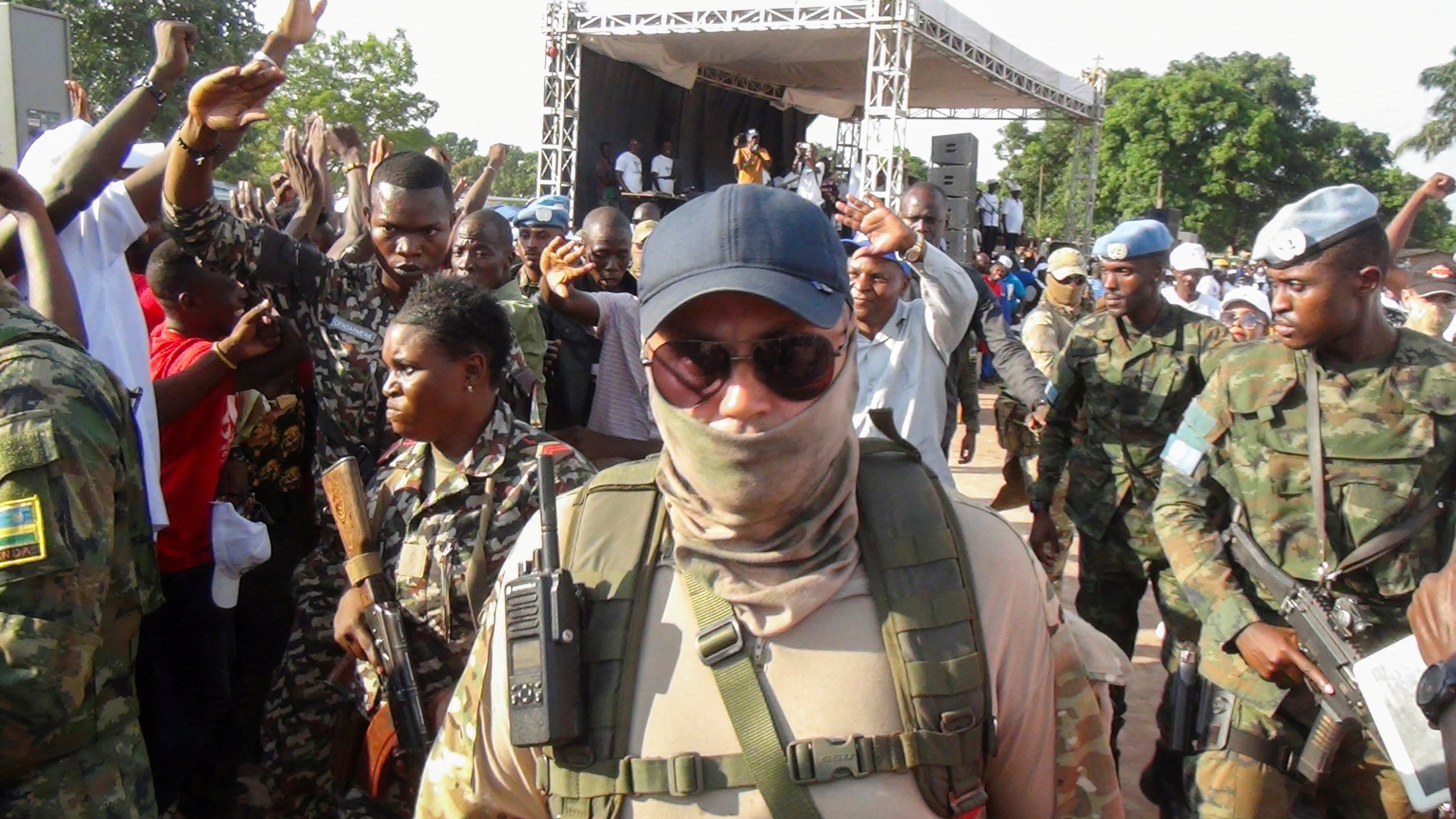© Turkuvaz Haberleşme ve Yayıncılık 2024
Mercenaries affiliated with Russia's notorious Wagner military company have kicked off joint drills with the Belarusian military near the border with Poland.
Following their relocation to Belarus after a brief, but audacious, rebellion, the highly trained operatives are now conducting weeklong maneuvers at a firing range near the border city of Brest, alongside Belarusian special forces.
The Belarusian Defense Ministry is touting the benefits of this alliance, claiming that Wagner's combat experience will help modernize its own military capabilities.
A video that surfaced on Wednesday revealed Wagner's chief, Yevgeny Prigozhin, for the first time since leading last month's rebellion.
In the footage, Prigozhin can be seen rallying his troops, asserting that they will play a pivotal role in transforming the Belarusian army into the "second strongest army in the world" before being deployed to Africa.

It should be noted that Wagner mercenaries have been implicated in various operations in Ukraine, Syria, and several African countries since the inception of the private army in 2014.
Prigozhin's revolt, which took place on June 23 and lasted less than 24 hours, saw his mercenaries capturing the military headquarters in Rostov-on-Don, Russia, without firing a single shot.
Astonishingly, they managed to advance to within 200 kilometers of Moscow with minimal resistance, downing at least six military helicopters and a command post aircraft, resulting in the death of 10 airmen.
The failed insurrection, described as a "march of justice" by Prigozhin, aimed to oust top-ranking officials, including Defense Minister Sergei Shoigu and General Staff chief Gen. Valery Gerasimov.
The mutiny, however, was quelled after a deal brokered by Belarusian President Alexander Lukashenko offered amnesty to Prigozhin and his fighters in exchange for their relocation to Belarus.
The incursion of Wagner mercenaries into Belarus has caused widespread concern, and Belaruski Hajun, an activist group monitoring troop movements, claims that over 2,000 Wagner mercenaries have already entered the country, with plans for up to 10,000 more to follow.
The deployment of these heavily armed forces has ignited tensions and earned sharp criticism from opposition figures like Sviatlana Tsikhanouskaya, who fear that the presence of "war criminals" within Belarus will destabilize the nation and threaten its neighbors.
In response to the escalating situation, Poland has decided to redeploy some of its troops from the western region to areas closer to the Belarusian border.
Polish Defense Minister Mariusz Blaszczak emphasized on the need to deter any potential aggression, sending a clear message to Russia that Poland's borders should not be crossed.
The situation remains highly volatile, and while some of the strong rhetoric from politicians may be fueled by upcoming parliamentary elections, the potential consequences of this militaristic maneuvering cannot be underestimated.
